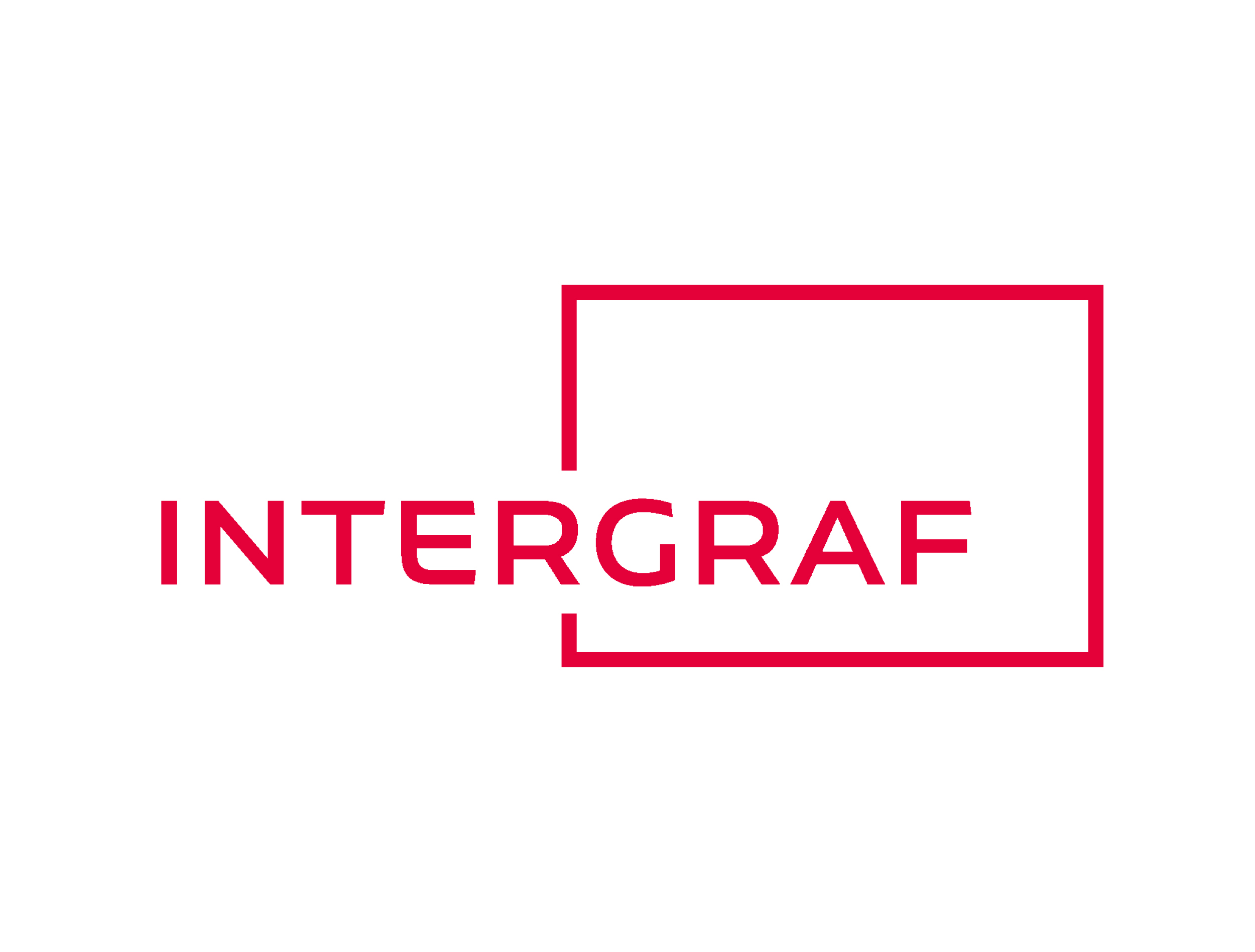20 January 2023

EU STRENGTHENING PACKAGING LEGISLATION
The European Commission has published its new Packaging and Packaging Waste Regulation (PPWR). It bans non-recyclable packaging from 2030, using design for recycling criteria to measure recyclability. It also provides minimum recycled content targets in plastic packaging, and a harmonised labelling system for packaging disposal. Learn more about this legislation and other packaging trends at our 9-10 March event: Shaping the Future with Packaging.
The New Packaging and Packaging Waste Regulation
With this regulation, the European Commission aims to reduce the environmental impact of packaging and increase recycling rates throughout the European Union. It will replace the 1994 directive of the same name. New requirements for packaging manufacturers and their suppliers are foreseen in the draft, which will come into effect in all EU Member States in two years’ time. The regulation includes measures such as setting recycling targets for different types of packaging, as well as introducing economic incentives for the use of more environmentally friendly packaging materials.
"This far-reaching regulation is a major step forward in the EU’s efforts to create a more sustainable packaging industry in Europe," said Beatrice Klose, Secretary General of Intergraf. "It will have a significant impact on the printing and packaging industry, which will need to find new and innovative ways to reduce waste and increase recycling."
What is in the regulation?
Waste prevention and re-use
Measures include national packaging waste reduction targets, minimising unnecessary packaging, and imposing re-use/refill targets on economic operators (per sector and packaging type).
Full recyclability of packaging by 2030
All packaging items will have to undergo a recyclability assessment procedure to ensure they meet established design for recycling (DfR) criteria. Packaging will be assigned a grade from A to E, according to its score of compliance with the DfR criteria. Packaging scoring grade E will be banned from the market from 2030. Grades A to D will be subject to extended producer responsibility (EPR) fees. Packaging containing plastic parts will also see some ambitious targets for 2030 and 2040.
Labelling and deposit return systems (DRS)
Labelling to facilitate consumer sorting, inspired by the Nordic pictogram system, will be mandatory. Reusable packaging will also be required to carry a label that includes a QR code. An additional label on recycled content is also suggested on a voluntary basis. Deposit Return Systems (DRS) for plastic bottles and metal cans will be mandatory.
Compostability requirements
Two years after the entry into force of the regulation, tea and coffee bags, single use tea and coffee systems, fruit and vegetable sticky labels, and very lightweight plastic carrier bags must be compostable.
Impact on packaging producers
The Packaging and Packaging Waste Regulation (PPWR) will have major implications for the entire packaging value chain. As well as national prevention and recycling targets, there will also be prescriptive requirements that are directly applicable to manufacturers and their suppliers.
The proposed legislation also raises questions that the European Commission will need to address. What about controlling imports/exports produced outside of the EU? What will be the role of public authorities? And what will be the cost for consumers?
Join the discussion
What implications will this new legislation have on the packaging industry? What will it mean for different packaging materials? Find out at our event: Shaping the Future with Packaging, taking place on 9 and 10 Marchin Brussels.
Shaping the Future of Packaging, a conference organised by Intergraf and FTA Europe with Smithers, will bring together expert speakers from across the packaging value chain. Maja Desgrees du Lou, one of the people in charge of drafting the PPWR at the European Commission, will present the Packaging and Packaging Waste Regulation, followed by a Q&A.
Register for Shaping the Future with Packaging.
Speakers
- Tom Hallam, Project Director, Packaging Consultancy at Smithers: 'Market insights: European packaging sector'
- Maja Desgrees du Lou, Desk Officer (DG Environment) at the European Commission: 'The EU Packaging and Packaging Waste Regulation'
- Olga Munroe, Head of The Retail Institute at Leeds Beckett University: 'Sustainable strategies of UK retailers - case study'
- Susanne Lippitsch, Packaging Designer at SL Design: 'Opportunities and challenges in packaging design'
- Peter Ragaert, Director of Pack4Food and Professor of Food Packaging Technology at Ghent University: 'Sustainability of food packaging - a multidisciplinary approach'
- Joanna Stephenson, Managing Director of PHD Marketing, Marketing Director of FIA UK, and Co-Founder of Women in Packaging: ‘Moderator’
- Ulrich Stetter, President of Intergraf: ‘Welcome’
- Sante Conselvan, President of FTA Europe: ‘Welcome’
This is event is organised by Intergraf and FTA Europe, with Smithers. Gold sponsors are Canon, I&C GAMA, Kurz, and Uteco. Silver sponsors are Asahi, Miraclon, and tesa.
Resources
Downloads
 Mail response and attention continue on an upward trajectory in Q1 2024
Mail response and attention continue on an upward trajectory in Q1 2024
14 June 2024
JICMAIL - The Joint Industry Currency for Mail – has revealed that while the UK economy grappled with the recovery from a technical recession, those advertisers who maintained their confidence in the mail channel were rewarded with 43% year on year growth in purchases driven by mail.
 Sustainability Research - industry efforts gain pace to improve sustainability impact and credentials
Sustainability Research - industry efforts gain pace to improve sustainability impact and credentials
6 June 2024
Access a special extract of the sustainability research conducted as part of the BPIF's Printing Outlook - quarterly survey of the state of trade in the UK's printing industry.










